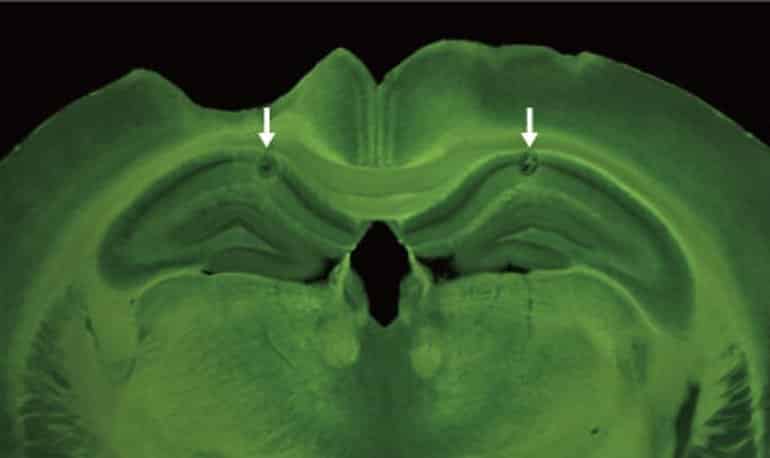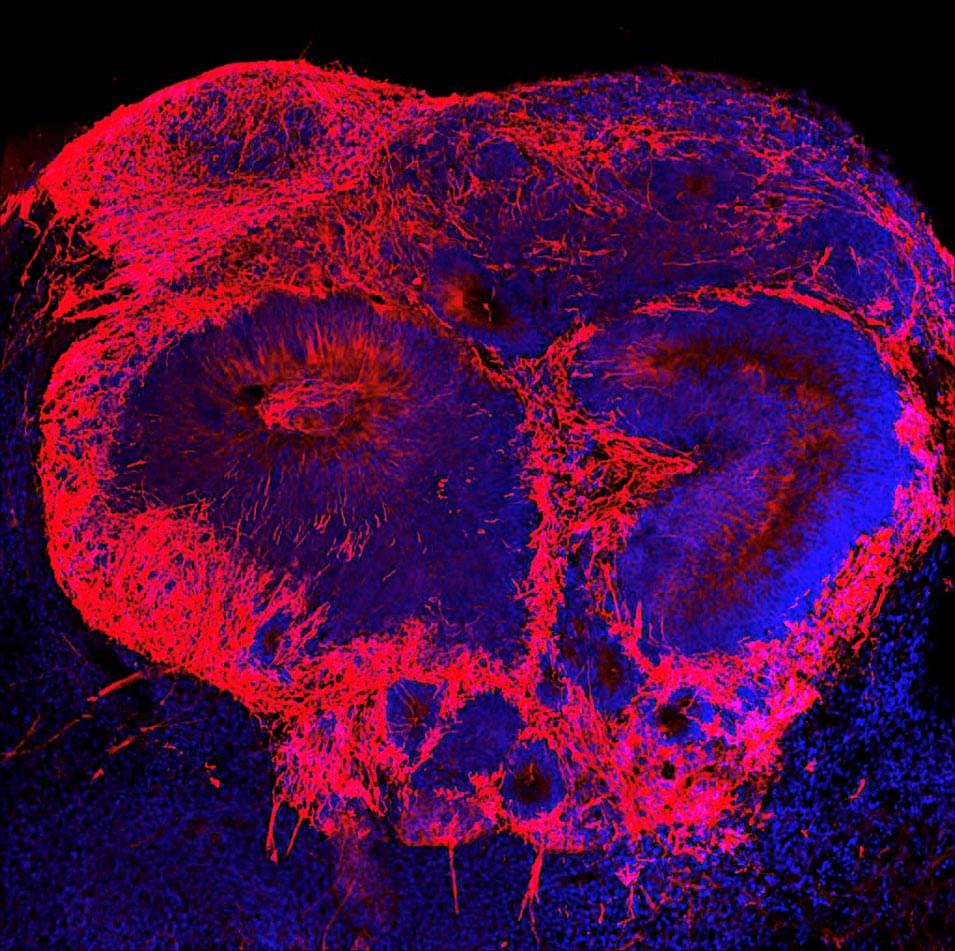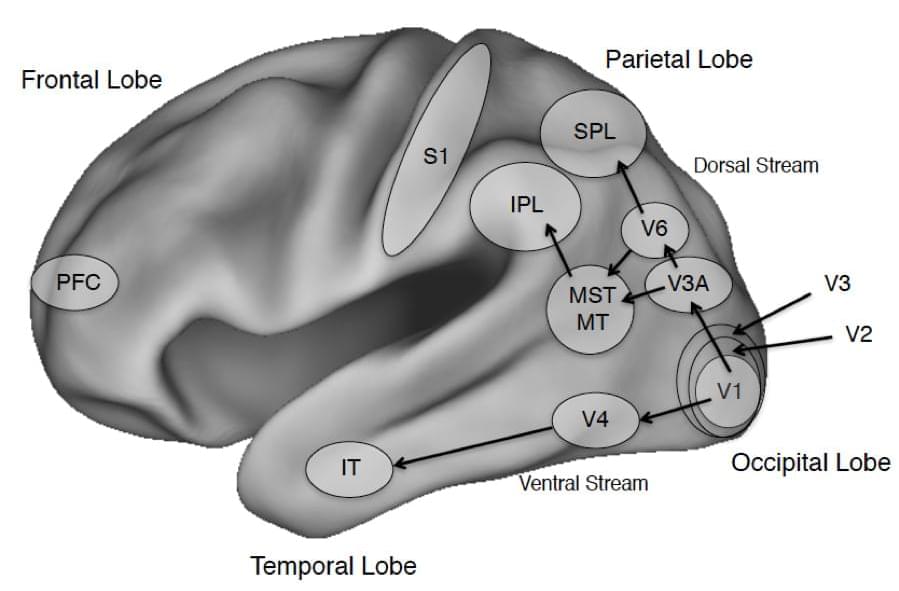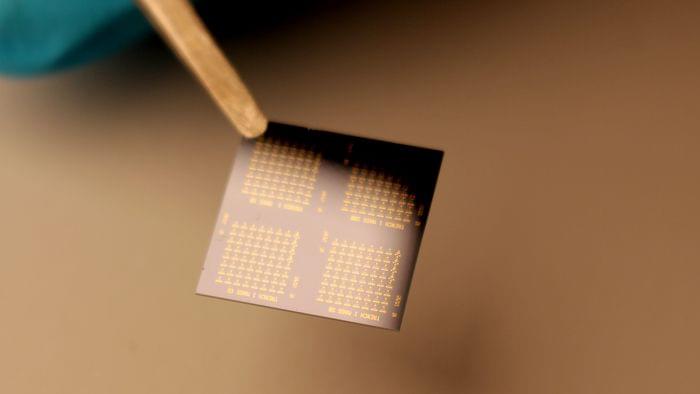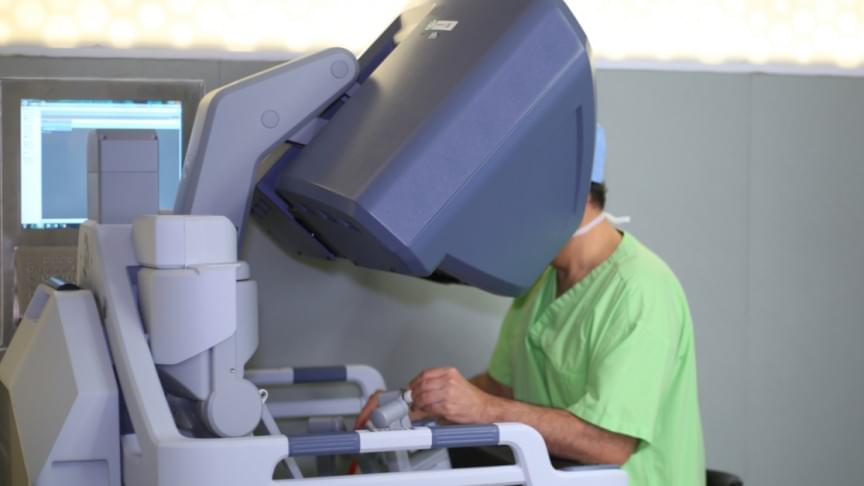Researchers have uncovered neural circuitry that allows the CA1 region of th… See more.
Summary: Researchers have uncovered neural circuitry that allows the CA1 region of the hippocampus to communicate with its counterpart in the opposite hemisphere despite there being no connection between them.
Source: RIKEN
RIKEN neuroscientists have uncovered the neural circuitry that permits a subregion in the hippocampus to communicate with its counterpart in the opposite hemisphere despite there being no direct connection between them. While not directly applicable to people, this finding is important for informing future studies of the mouse brain.
The hippocampus is well known for its role in learning and memory. Vertebrates have two hippocampi: one on the left side of the brain and the other on the right. Each hippocampus has various subregions, including the CA1 and CA3 areas.
